Fall 2021 Humanities Forum
Fall 2021 Events
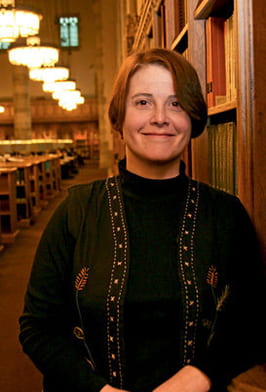
The Face of Water: A Translator on Beauty and Meaning in the Bible
Friday, September 10, 3 p.m.
Ruane 105
Sarah Ruden, Visiting Scholar, Department of Classical Studies, University of Pennsylvania
Sarah Ruden is a leading translator of the ancient literature of the West. In a career spanning both essential Greek and Roman Classics and sacred literature, she has set new standards for accuracy, stylistic integrity, and accessibility. Her work, including cultural and human-rights journalism, is deeply concerned with questions of power and truth, in accordance with her Quaker faith. She has won Guggenheim, Whiting, and Silvers grants, and numerous other awards.
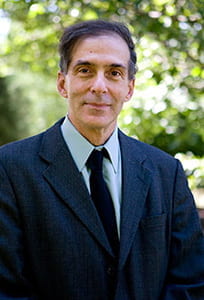
Founding and Tradition in American Politics
Friday, September 24, 3 p.m.
Ruane 105
James Ceaser, Harry F. Byrd Professor of Political Science and Director of the Program for Constitutionalism and Democracy, University of Virginia
James W. Ceaser is professor of politics at the University of Virginia, where he directs the Program for Constitutionalism and Democracy. He is the author of several books on American politics and American political thought, including Presidential Selection (Princeton University Press, 1979), Liberal Democracy and Political Science (Johns Hopkins University Press, 1992), Reconstructing America (Yale University Press, 1997), Nature and History in American Political Development (Harvard University Press, 2006), and Designing a Polity (Rowman and Littlefield, 2011). Professor Ceaser also co-authored a series on American presidential elections from 1992-2016 and has been a frequent contributor to the popular press.
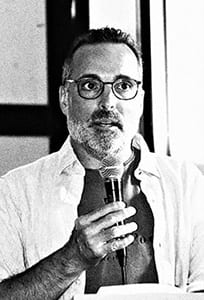
At Home in the World: A Reading and Reflection on Dwelling, Nature, Phenomenology, and Ecopoetry
Thursday, September 30, 3 p.m.
Ruane 105
Scott Edward Anderson, Poet and Essayist
Scott Edward Anderson is an award-winning poet, memoirist, essayist, and translator. He is the author of Azorean Suite: A poem of the moment/Suite Açoriana: Um poema do momento (Letras Lavadas, 2020), Falling Up: A Memoir of Second Chances (Homebound Publications, 2019), which recently received the 1st Literary Award of Letras Lavadas in conjunction with PEN Açores, the Nautilus Award‑winning Dwelling: an ecopoem (Shanti Arts, 2018), Fallow Field (Aldrich Press, 2013), and Walks in Nature’s Empire (The Countryman Press, 1995). Born in Providence, Rhode Island, he now lives in Brooklyn, New York, with his wife, Samantha, and their blended family. He hopes to divide his time between New York and the Azores in the near future.
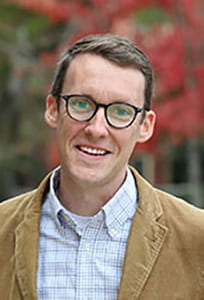
Doing the Truth: G. E. M. Anscombe and the Atomic Bomb
Friday, October 15, 3 p.m.
Ruane 105
John Schwenkler, Associate Professor of Philosophy, Florida State University
John Schwenkler is professor of philosophy at Florida State University and the author of Anscombe’s ‘Intention’: A Guide (Oxford, 2019). His research is philosophical psychology, including the philosophy of mind, action, and language. For the 2021-2022 academic year he is a visiting faculty fellow at the Notre Dame Institute for Advanced Study.

How to Read Plato
Friday, October 22, 3 p.m.
Ruane 105
John Ferrari, Melpomene Distinguished Professor of Classical Languages and Literature; Professor of Classics, University of California at Berkeley
John Ferrari has taught ancient Greek philosophy, ancient Greek literature and language, and Western Civilization in the classics department of the University of California, Berkeley, for more than thirty years. He grew up in Britain, was educated at Cambridge University, and began his career in the philosophy department at Yale University. His published work has centered on the study of Plato. He is the author of Listening to the Cicadas: A Study of Plato’s Phaedrus, City and Soul in Plato’s Republic, and The Messages We Send: Social Signals and Storytelling.
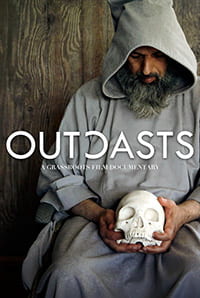
Film Screening and Discussion: Outcasts
Friday, October 29, 3 p.m.
Ruane 105
Follow the cameras of Grassroots Films, the Award-Winning producers of The Human Experience and Child 31, on an unexpected journey across the globe. Travel to the prisons of Central America, walk the dark city streets of London, New York and Ireland’s most treacherous neighborhoods. Step beyond your comfort zone and into the lives of our modern day outcasts.
About the Franciscan Friars:
The Franciscan Order, begun eight centuries ago, can best be compared to an old tree: it has deep roots and diverse branches. The Community of Franciscan Friars of the Renewal was begun in 1987 by eight Capuchin friars desiring to work more definitively for personal and communal reform within the Catholic Church. The life and apostolate of the friars are rooted in the ideals and spirit of the Capuchin reform born in the early 16th century.
Discussion hosted by Joseph Campo of Grassroots Films accompanied by a member of the Franciscan Friars of the Renewal
The Disputatio Project – A Debate on the Question: “Do the teachings of Marx and Engels advance genuine human liberation and flourishing?
Friday, November 5, 3 p.m.
Ruane 105
Daniel Mahoney, Professor Emeritus of Political Science, Assumption College, and Robert Wyllie, Assistant Professor of Political Science and Director of the Political Economy Program, Ashland University
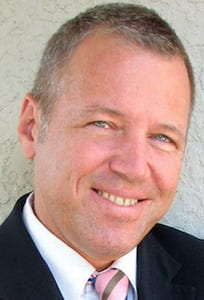
She Was in Their Song: The Voice of Mary in the Gospel of John
Friday, November 12, 3 p.m.
Ruane 105
Michael Pakaluk, Ordinary Professor of Ethics and Social Philosophy, Busch School of Business, The Catholic University of America
Michael Pakaluk received his Ph.D. in philosophy at Harvard University, where he studied philosophical logic with W.V. Quine, Burton Dreben, and Warren Goldfarb, philosophy of science with Hilary Putnam, and political philosophy with John Rawls. Pakaluk has held appointments of associate professor at Clark University in Massachusetts and as professor at the Institute for the Psychological Sciences and at Ave Maria University. In 2011 he was appointed an Ordinarius of the Pontifical Academy of St. Thomas Aquinas.
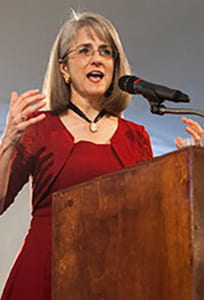
Women in the World of Frederick Douglass
Friday, November 19, 3 p.m.
Ruane 105
Leigh Fought, Associate Professor of History, Le Moyne College
Leigh Fought is an associate professor of history at Le Moyne College in Syracuse, N.Y., and the author of Women in the World of Frederick Douglass (Oxford University Press, 2017), which won the 2018 Herbert Lehman Prize for Scholarship in New York History and the Society of Historians of the Early American Republic’s 2018 Mary Kelly Prize. She served as an associate editor on the first volume of Frederick Douglass’s correspondence at the Frederick Douglass Papers, published by Yale University Press in 2009. Her previous work includes Southern Womanhood and Slavery: A Biography of Louisa McCord (University of Missouri Press, 2003) and Mystic, Connecticut: From Pequot Village to Tourist Town (History Press, 2006).
Co-sponsored by the Department of History and Classics through a generous endowment from the Gladys Brooks Foundation
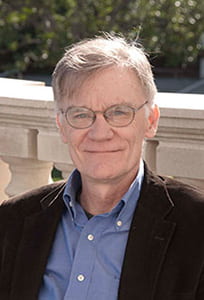
Frederick Douglass and Reconstruction
Thursday, December 2, 3 p.m.
Slavin ’64 Hall
David Blight, Sterling Professor of History, African American Studies, and American Studies; Director, Gilder Lehrman Center, Yale University
David W. Blight is Sterling Professor of History and Director of the Gilder Lehrman Center for the Study of Slavery, Resistance, and Abolition at Yale University. He previously taught at North Central College in Illinois, Harvard University, and Amherst College. He is the author or editor of a dozen books, including Frederick Douglass: Prophet of Freedom; American Oracle: The Civil War in the Civil Rights Era; Race and Reunion: The Civil War in American Memory; and annotated editions of Douglass’s first two autobiographies. He has been awarded the Pulitzer Prize, the Bancroft Prize, the Abraham Lincoln Prize, and the Frederick Douglass Prize, among others. He writes frequently for the popular press, including The Atlantic, The New York Times, and many other journals.
Co-sponsored by the Department of History and Classics through a generous endowment from the Gladys Brooks Foundation





